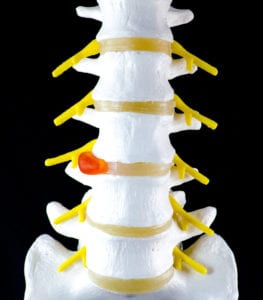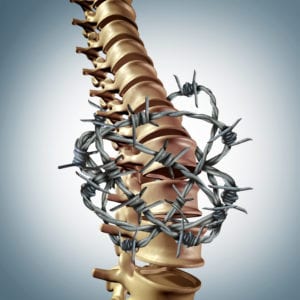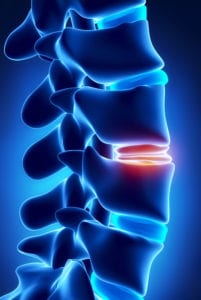 Pins and needles. Numbness. Weakness. Pain. These symptoms in your neck, shoulder(s), arm(s), wrist(s), hand(s), buttock(s), leg(s), or foot/feet could indicate a pinched nerve. The onset can be quick or progressive, over many years. Left to worsen, the pain could become chronic, even debilitating.Read More >
Pins and needles. Numbness. Weakness. Pain. These symptoms in your neck, shoulder(s), arm(s), wrist(s), hand(s), buttock(s), leg(s), or foot/feet could indicate a pinched nerve. The onset can be quick or progressive, over many years. Left to worsen, the pain could become chronic, even debilitating.Read More >
Is your pain being caused by a pinched nerve?
 Pins and needles. Numbness. Weakness. Pain. These symptoms in your neck, shoulder(s), arm(s), wrist(s), hand(s), buttock(s), leg(s), or foot/feet could indicate a pinched nerve. The onset can be quick or progressive, over many years. Left to worsen, the pain could become chronic, even debilitating.Read More >
Pins and needles. Numbness. Weakness. Pain. These symptoms in your neck, shoulder(s), arm(s), wrist(s), hand(s), buttock(s), leg(s), or foot/feet could indicate a pinched nerve. The onset can be quick or progressive, over many years. Left to worsen, the pain could become chronic, even debilitating.Read More >










